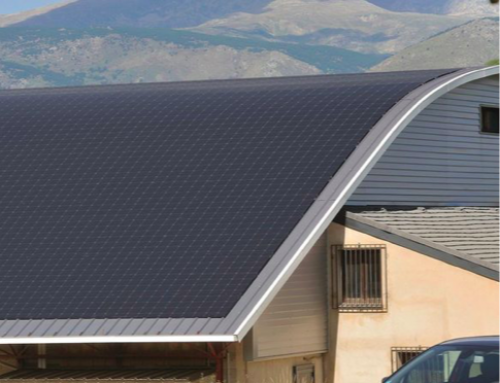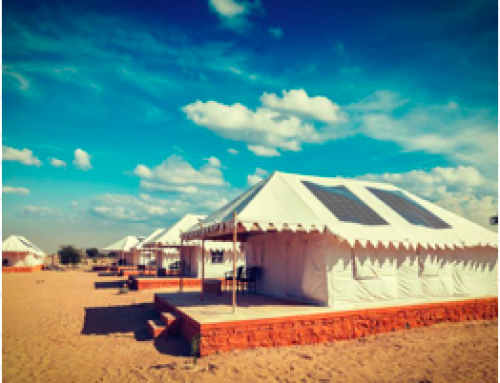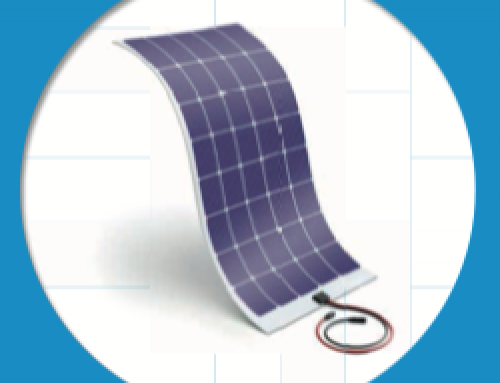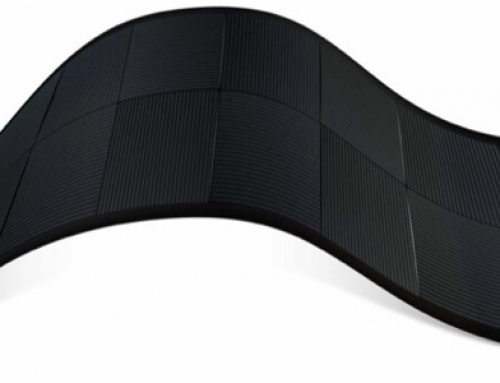Verditek plc was admitted to trading on AIM on August 10 after raising £2 million in share subscription. Verditek, which was incorporated in April 2016, is a holding company that has bought a stake in three very different private clean technology companies.
First is a 51 per cent stake in Greenflex Energy Ltd which owns Greenflex RSM, a producer of photovoltaic cells based in San Marino. Verditek claim that the latter has two manufacturing lines able to produce 50 MWp per year, which corresponds to a minimum of 160,000 panels. This is very large as the only announced sales are for panels to be placed on a trial basis on 100 bus shelters in nearby Rimini.
Greenflex produce light and flexible panels which Verditek claim can be fitted over existing panels to boost output, but how and by how much is not explained (they do not, for example, appear to be multi-junction cells in which different materials are used in different layers).
Information about Greenflex itself does not confirm either of these claims, but does mention some interesting plans, notably to produce re-cyclable, plastic roof tiles that incorporate PV panels and are designed to be indistinguishable from traditional tiles.
Second is a 23.64 per cent stake in Westec Environmental Solutions LLC, with an option to take 51 per cent. Westec is a Hawaii-based company that makes a type of gas to liquid absorber, or filter. In normal absorbers a gas that is contaminated with unwanted particles flows through a liquid, and the particles are absorbed into the liquid. Westec’s patented system creates an aqueous froth out of the gas and liquid and provides a much greater surface area onto which the particles can be absorbed.
Westec was set up in 2009. The original focus was on filtering air, for example dust at building sites and anthrax. It was then realised that the method was effective for capturing carbon dioxide. In one joint project with a cement plant the CO2 captured by the absorber is being fed back to the cement manufacturing, thus making it a Carbon Capture and Utilisation project. CCU sounds even better than CCS.
However, since 2011 progress appears to have been slow. Now, in partnership with research institutes in Norway and Canada, Veditek sees the CCU market as the most promising for this technology
Third is a 51 per cent stake in BBR Filtration Ltd. Hampshire-based BBR also makes filters, but these are intended to remove smelly gases such as hydrogen sulphide from the air released by sewage works, paper mills etc. The patented technology uses biological products that are fluidised thereby ensuring greater surface area between gas and product.
BBR was incorporated in 2015 and has sold a small number of products mainly in South Africa and Switzerland, and more recently has a system on trial in Florida.
In promoting the share offer, Verditek states that its investments are “on the cusp of commercialisation or adoption…” and that two of the businesses “will go from their current pre-revenue state to sales within 12 months”. Some sales are likely but it seems unlikely that the two filtration companies will get beyond prototype units in a year, albeit ones that are sold. The PV venture appears to offer exciting possibilities but more information is needed to support the claims.





